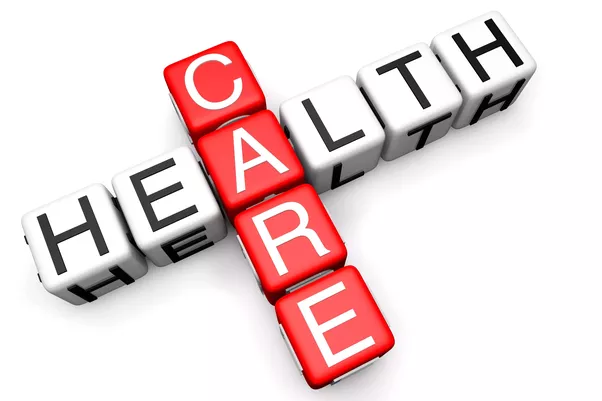The Stances on American Health Care
November 13, 2017
Health care has been a hot topic for politicians in recent years. Some decry Obamacare (officially known as the Affordable Care Act) as overly burdensome on the American people, some defend it as the provider of insurance for millions, and many advocate new plans as far apart in policy as the original draft of Trumpcare and socialistic universal health care.
Overall, the topic has become a controversial one often split not just along party lines but along moralistic ones too. Medical professionals as well have differing opinions on health care policy as it might affect their field and workplace.
Liberals, or left-leaning individuals, primarily believe that health care is a fundamental right in the same respect as the right of one’s freedom of religion. As a result, they fully disagree with the concept that health care should be run like a business. They are not particularly opposed to government involvement—in fact, most support it—and because they believe health care is not a business, they don’t believe anybody should have to go into bankruptcy for sufficient medical care.
Many of them, especially as you go farther left, advocate universal health care, which is essentially a system aimed at ensuring health care and financial protection to all citizens of a country regardless of their ability to pay.
Over 50 countries in the world currently operate with a universal health care system, including Canada, Australia, and nearly all of Europe. This is a big factor in the universal health care argument, and people from both sides utilize evidence from their experiences to argue for or against.
Conservatives, or right-leaning individuals, favor the free market method to distributing health care. In their eyes, regardless of whether or not health care is a fundamental right, federal regulation will only make the system too slow, inefficient, and burdensome to be effective. The logical solution to them is a free market system, which they argue regulates itself through the ‘invisible hand’—a cornerstone of economic theory that means people’s pursuit of self-interest will ultimately, more often than not, benefit the general public as well.
For many of them, their ideal health care system is populated by competing specialists and the occasional general practice. Those who offer poor medical services will eventually be booted out by those that produce better results, and insurance companies will be incentivized to help their customers find the best medical practitioners.
Those in the medical field themselves are more or less evenly split between Republican and Democrat, with a majority leaning towards the latter according to a study done by Yale.
The statistics also vary depending on what specialization they might be—surgeons are most likely to be registered as Republican at 67%, while those in Infectious Disease are most likely to be Democrat at 77%.
In between the main two sides are many more opinions and political standings than the free market system and universal health care. For anyone who wants to learn more, doing research on different parties, possible systems, and the U.S.’s current health care system is definitely recommended.
